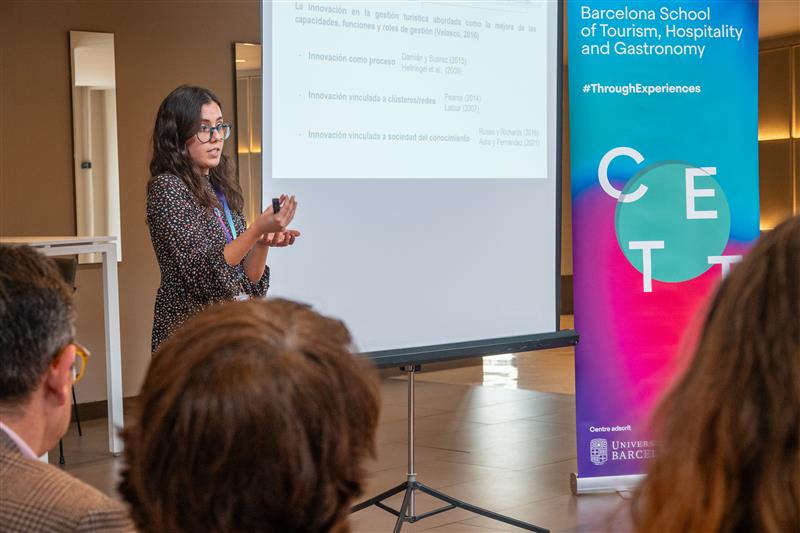- Research Report 2023/24
- Research Report 2022/23
- Research Report 2021/22
- Research Report 2020/21
- Research Report 2019/20
- Research Report 2018/19
- Research Report 2017/18
- Research Report 2016/17
- Research Report 2015/16
- Research Report 2014/15
- Research Report 2013/14
- Research Report 2012/13
- Research Report 2011/12
- Research Report 2010/11
- Research Report 2009/10
- Research Report 2008/09
Research Group in Tourism, Culture, and Territory
TURCiT is the Research Group in Tourism, Culture, and Territory and is part of the CETT Barcelona School of Tourism, Hospitality, and Gastronomy.
Their objective is to generate applied research projects and knowledge transfer activities that promote: ethical, sustainable, and dynamic tourism of the territory and its heritage, bringing value to visitors and residents.
In this sense, the research of this group integrates a diversity of perspectives and approaches to achieve a holistic view of the tourism phenomenon. To do so, CETT researches on the following lines of work:
TURCiT is part of the Tourism, Hospitality and Gastronomy Research Group (TURHOGA), recognized as an Emerging Research Group by the Agency for the Management of University and Research Grants of the Generalitat de Catalunya, with file number 2021-SGR -00939".
More information
Research Lines
The link between tourism and territory is inseparable as it is a spatial phenomenon. Given this reality, the tourist space is a complex and diverse environment where multiple social and economic relationships and interests converge. This link, moreover, allows for a better understanding of the different aspects of tourism and territory.
In the current context, the study of tourism and its territorial aspect requires an intelligent approach in applying strategies, measures, and tools that promote the understanding between the different actors that converge there and promote the development of more sustainable destination models. That is, the tourist territorial intelligence from the application of indicator systems, the smart management of aspects associated with the territory such as mobility, or the promotion of governance as an effective process of territorial and tourist cohesion through decision making.
That is why this line aims to generate academic knowledge about different fields of study:
- Smart tourist mobility in all its dimensions.
- The territorial orientation and information systems such as cartography and tourist signposting.
- The role of territorial tourism indicators.
- The analysis of different models of tourism management.
Keywords: tourist accommodation, cartography, tourist areas, tourist indicators, tourist mobility, tourist management models, tourist signposting, tourism, and landscape.
The intersection between tourism and culture is essential for the tourism phenomenon since a large part of the attractiveness of destinations lies in their cultural heritage. However, culture is not only a source of travel motivation in the current tourism context.
On the one hand, current tourism dynamics integrate new areas linked to human creativity, such as the creative industries. Nevertheless, on the other hand, it is necessary to understand culture as a tool for tourism management in today's destinations.** Culture plays a role in tourism redistribution, social cohesion, and territorial dynamism**.
Thus, this line of research aims to generate academic knowledge around three main areas:
- The processes, tools, and spaces for the enhancement of culture.
- Current intermediation and promotion strategies.
- The particularities for enhancing tourism typologies are based on intangible cultural expressions such as literary tourism or creative industries.
Keywords: tourist communication, cultural facilities, creative industries, tourist itineraries, mediation, museums, cultural-historical heritage, intangible heritage, natural heritage, creative tourism, literary tourism, social networks.
In general, the audiovisual industry and feature films and series, in particular, are becoming increasingly crucial for tourism managers. Filmed images reach millions of people worldwide and, if used appropriately, can become a vital tool in marketing and tourism promotion.
Thus, the collaboration between tourism organizations and audiovisual organizations (such as Film Commissions) will be increasingly common, sharing interests, objectives, and joint actions.
In this sense, this line of research intends to generate knowledge of the audiovisual and tourism partnership around different areas such as:
- Film tourism as a promotional tool.
- The influence of films and series on the image of destinations.
- The creation and structuring of a tourist offer based on movies and series.
- The different impacts (economic, touristic, etc.) of film tourism.
Keywords: structure of the offer, tourist experiences, tourist image, cinematic routes, tourist marketing, new tourist attractions, audiovisual productions, promotion, cinematographic tourism.
This line of work focuses on studying the relationship between tourism and gastronomy from a territorial perspective. Therefore, all aspects linked to the economic, social, cultural, political, and environmental dimensions of phenomena such as gastronomic tourism or wine tourism are addressed from the paradigm of sustainable tourism.
Consequently, in this case, the aim is to generate knowledge about the different aspects of gastronomic tourism. That is to understand in-depth:
- The needs of supply and demand.
- The impacts it generates to design strategies for correct management.
- The influence of tourism policies on this phenomenon.
- The importance of promoting gastronomic tourism based on the heritage, identity, and traditions of the people, among others.
Keywords: territorial dimension, impacts, intangible heritage, sustainability, wine tourism, gastronomic tourism.
Tourism is a phenomenon that goes beyond being a simple economic activity and has diverse effects on the societies where it develops.
Thus, the sustainability and social legitimacy of tourism models depend not only on economic and environmental aspects but also on the interaction that tourism produces with the social and political contexts of the territories, which to a large extent depend on tourism management and participatory decision-making.
In this sense, this line of research aims to deploy academic knowledge to:
- Provide spaces for debate.
- Allow a better understanding of the social dimension of tourism.
- Develop formulas to revalue the social aspects of tourism.
In order to achieve these objectives, tourism studies include social disciplines that bring new perspectives to the investigation of the tourism and society duo.
Keywords: anthropology, ethical codes, citizen coexistence, tourism law, ethics, gender, tourism management models, tourism policy, volunteer tourism.
News
Research reports
The CETT's Tourism, Culture and Territory Research Group offers a visualization of the main lines of work of the group, as well as material related to the studies and training projects. These actions are included in the following reports of the last courses:

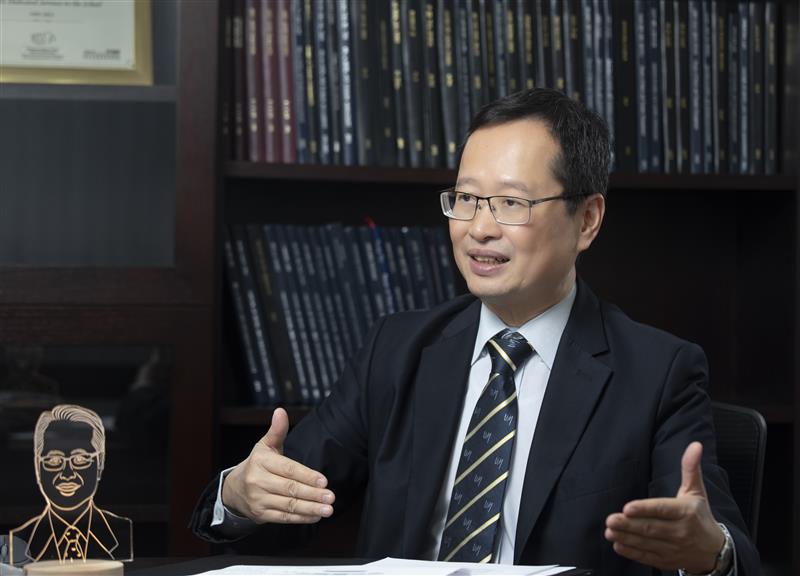
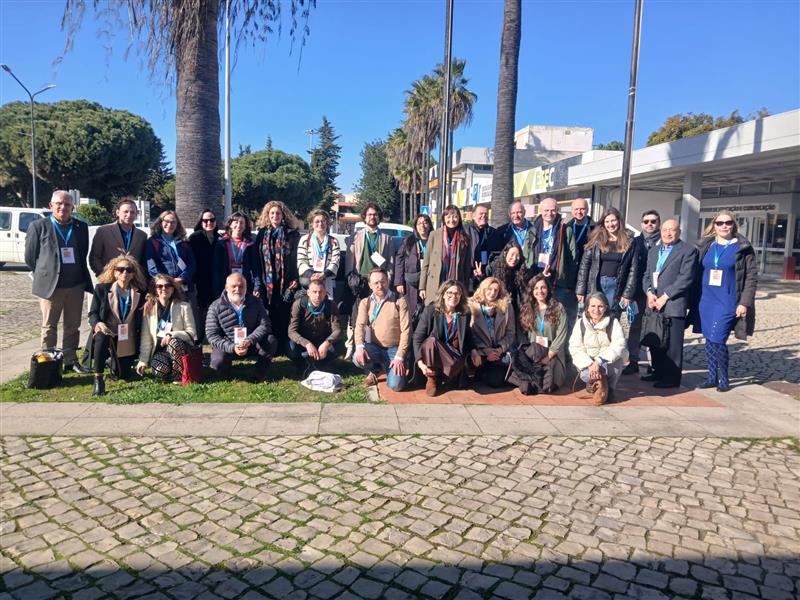
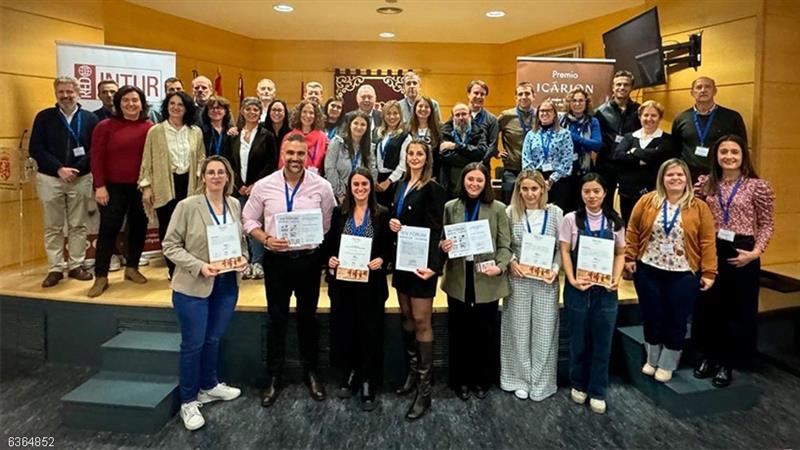


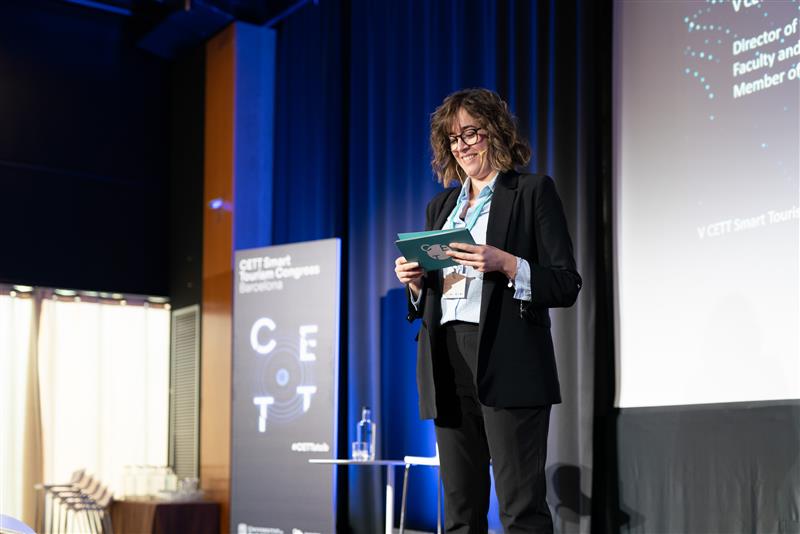
.jpg?maxwidth=800)

